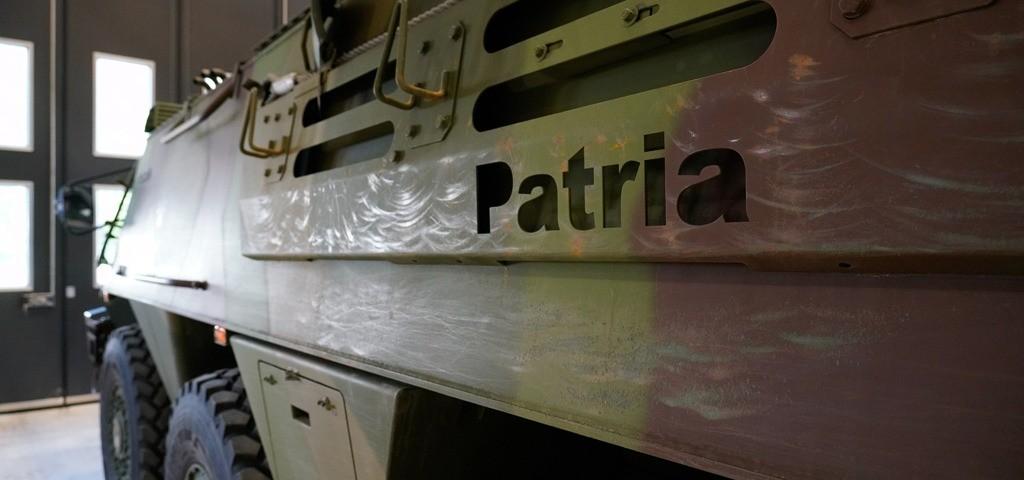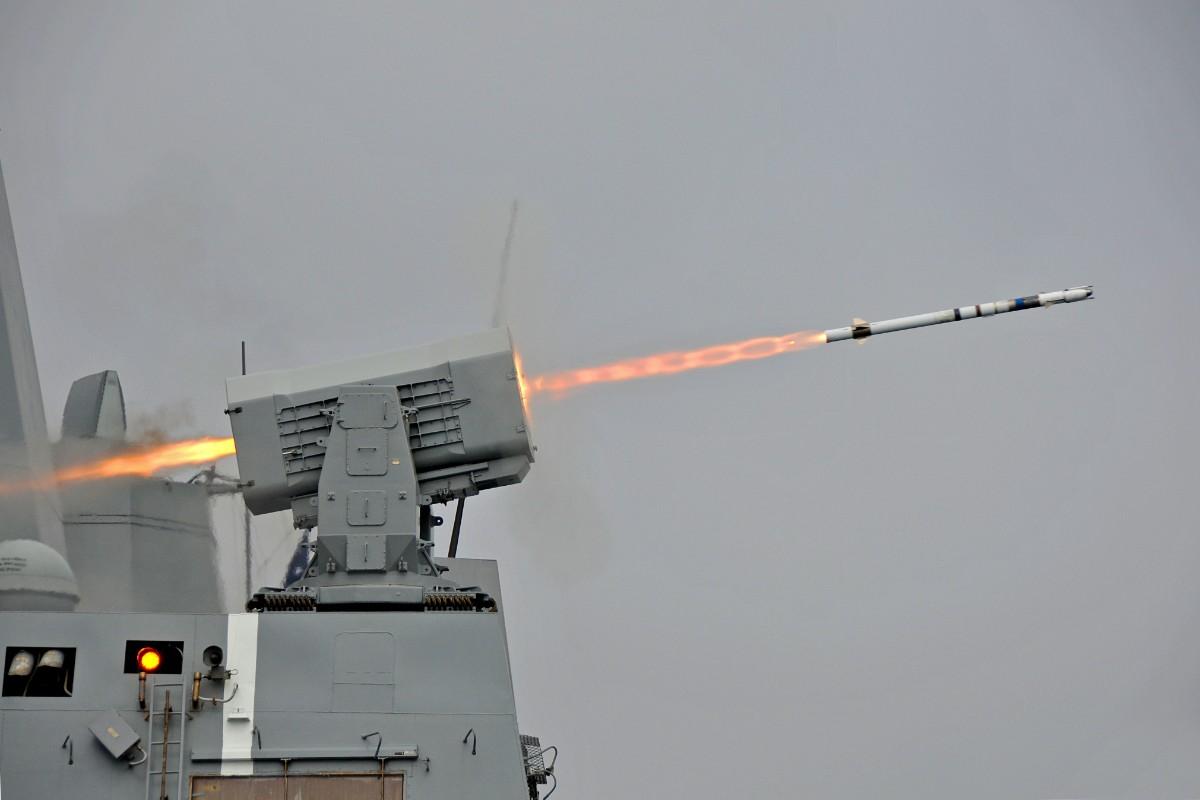The blue economy is a term commonly used in business and economics; its main purpose is the maintenance, utilization, protection, and sustainability of the blue resources of a state. The 21st century is known as the century of the blue economy. Earth is comprised of 71 percent water which leads to 80 percent of world trade being carried out through sea and ocean routes. As a result, the maritime sector provides jobs and economic growth to a state. In contrast to developing countries, developed countries are aware of the importance of the blue economy. These countries have fully utilized their blue resources to sustain their supremacy.
In South Asia, India and Bangladesh are making billions of Dollars from blue economy every year. Although, Pakistan produces an annual revenue of $450 million from its blue economy however, it has the potential of producing more than $100 billion according to maritime trade experts. Pakistan has been blessed with untapped blue resources such as marine, hydrocarbons, fishes and minerals. Its maritime sector has huge potential for growth but it needs proper policy planning and investment to bring sustainable growth and development. Thus, growth initiatives in maritime areas, coastline and blue resources can play a vital role in National economy, cultural harmony and social environment.
Pakistan has a long coastline of 1050km bifurcated into two parts: 250km present in Sindh province and 800km in Balochistan province. It has also attained an extended Exclusive Economic Zone (EEZ), which covers an area of 240000sq.km, and continental shelf, which covers total area of 50000sq.km. Owing to its large coastline area, Pakistan ranked as 74th out of 142 coastline countries. Pakistan has large mangrove area of 0.6 million hectares, perhaps the ten largest in the world. Thus, admitting the potential of blue economy Pakistan has retitled The Ministry of Ports and shipping to the Ministry of Maritime Affairs.
Pakistan in collaboration with China under China Pakistan Economic Corridor (CPEC) has taken an important step to enhance its maritime sector. If this project gets completed at the fixed time, Pakistan and China will controls all trade activities in Indian Ocean. Moreover, Gwadar port which join three regions; Central Asia, Europe and Middle East will become the hub for trade. CPEC is contributing in the enhancement of Pakistan’s economy but there are some enemies hampering its success. Indian funded insurgency and America’s Indo-Pacific policy to contain China India are proving to be major hurdles for this project.
Pakistan’s National Shipping Corporation (NSC) that was created in 1963. In 70s, the NSC was at its peak, having the capacity of more than 50 ships which now has been reduced to one dozen only. During Imran Khan’s government, maritime sector has gained more attention and investment from public and private sector. Currently, NSC has just 7% share in national import and export cargo, whereas rest of trade is being conducted by foreign companies. If Pakistan Shipping Corporation increases its capacity, it could save more than $1.5 billion annually.
Sea food industry of Pakistan carries a worth of more than $1billion. It contributes 1% in the GDP of Pakistan. More than 10000 people are linked with fisheries. Pakistan has produced a huge profit from fish export. Due to lack of maintenance and attention almost 200 rare species of fish are smuggled illegally. Unfortunately, the seafood exports of Pakistan are reduced to $450 million but it could be improved to $2-2.5 billion if Pakistan comes with an appropriate deep-sea fishing policy. The rapid climate change also affects the blue resources of Pakistan. It causes acidification of sea and oceans resultantly destroying fishery sector and undiscovered minerals. The severe climate change is a result of pollution caused by humans. The only solution to sustain good environment is to create awareness among people on bad outcomes of pollution. It is not in the hands of government to clean the environment but in the hands of nation. They should pay attention on the negative aspects of pollution and work to stop it.
Coastal tourism is also significant in the blue economy of Pakistan. Almost ten beach spots have been discovered in Pakistan which attract foreign tourists. These tourists play a huge role in presenting the positive side of Pakistan to the world and thus, bring more business to the country. In Addition, it creates cultural harmony between local people and foreign tourists. According to an official estimate, further development of these places can generate annual revenue of $ 4 billion.
In a nutshell, Pakistan has started working on its maritime sector but to attain sustainable growth and development the political leaders need to show seriousness towards this sector. Pakistan needs an inclusive and encompassing policy plan with the coordination of the government and public sector. The bad infrastructure, management and poor communication system need to be rectified. Pakistan has a lot of resources that need to be fully utilized for the benefit of nation.
Author: Gull e Areeba is a student of Strategic Studies at the National Defence University, Islamabad
- Global Defense Insighthttps://defensetalks.com/author/umair/
- Global Defense Insighthttps://defensetalks.com/author/umair/
- Global Defense Insighthttps://defensetalks.com/author/umair/
- Global Defense Insighthttps://defensetalks.com/author/umair/













